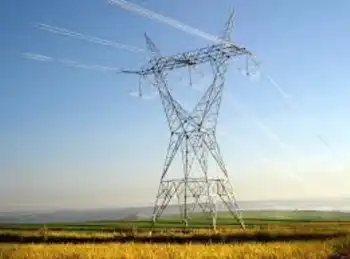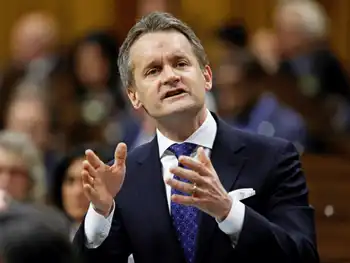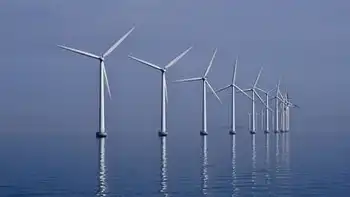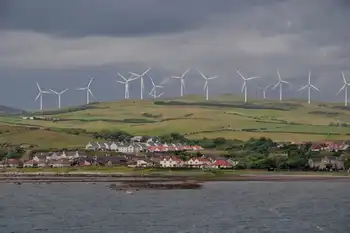Twins killed after using candles during blackout
By Belfast Telegraph
NFPA 70b Training - Electrical Maintenance
Our customized live online or in‑person group training can be delivered to your staff at your location.

- Live Online
- 12 hours Instructor-led
- Group Training Available
Gardai believe the "inseparable" pair died from smoke inhalation. The bodies of Richard and Michael Walsh (33) were found at a ground floor apartment, at Suir House, Canada Square, in Waterford city.
As investigators sifted through the apartment to try to find a cause for the fire, one area of inquiry being centred on was the fact there was no electricity in the apartment and the twins had been using candles for light.
They had moved into the apartment four weeks ago but their electricity had been cut off the day before their deaths because the previous tenants hadn't paid the bill, and so they bought four candles, their parents Jim and Mary Walsh said.
"They had them spread around the living room with one up on top of the television," said Mr Walsh.
The alarm was raised after a friend called to the apartment and noticed that the windows were blackened. However, the fire didn't spread to other apartments in the complex.
City fire chief Niall Curtin said the blaze had burnt itself out by the time four units of the fire brigade arrived at the small development near the centre of Waterford.
"We were alerted to a ground floor apartment fire at Canada Square at 11.14am with people trapped in the building," he said. "When we arrived at 11.18, we made entry into the ground floor apartment but the fire was out.
The bodies of two men were discovered, as well as their six-week-old puppy, Ruby.
Mr Curtain said there was no indication where, or at what time, it had started.
The bodies remained at the house for some hours before they were taken to Waterford Regional Hospital.
It is understood that post-mortem examinations will be carried out there today, where it is expected it will be confirmed they died from smoke inhalation.
Gardai are not treating the death as suspicious.
The brothers, who are originally from Kilbride, near Tramore, in Co Waterford, had been living in the apartment for less than a month.
Yesterday, one of their friends, David Power (23), of Cherrymount in the city, spoke of his shock at discovering the tragic scene.
"They were quiet people; they just enjoyed their few drinks and going up to the bookies."
Neighbour Kerry Chaffer (29), who lives in the apartment above the twins, said she didn't hear any suspicious noises or smell any smoke the previous night.
She was called to the scene by Mr. Power and looked in the window to see their bodies.
"I could see one of them lying on the ground near the window on his back," she said.
"He (Mr. Power) called me over to say one of them was breathing. But I looked in the window and I said, 'He's not breathing; he's dead, he's dead'."
The twins are survived by their parents, Jim and Mary, and siblings Linda, Elizabeth, John, James, Susan and Paul.











